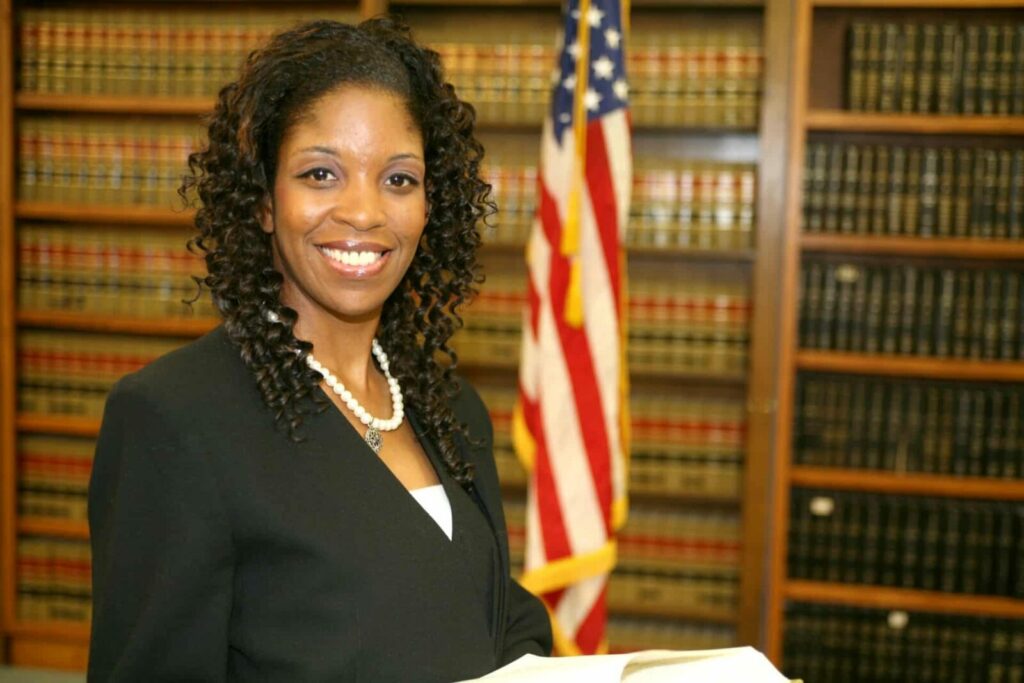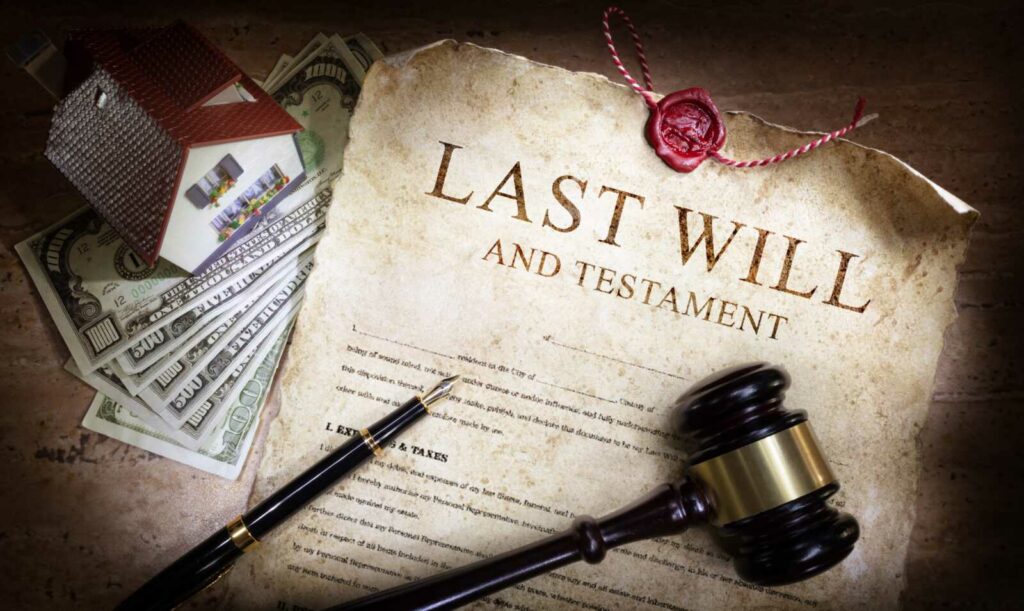
How to File Income Tax for a Decedent
No one likes doing taxes, but the task is even more daunting when filing a return for someone who has died.
Call us Anytime
Laurel, MD 20707
Downs Law Firm, P.C.

No one likes doing taxes, but the task is even more daunting when filing a return for someone who has died.

Whether you drew up a will recently or years ago, keep in mind it’s generally not something you can set and forget.

This is an important question to ask, because the answer could tell you whether you need to worry about estate taxes, beneficiary issues or probate concerns.

Even those who have saved and invested well may not be sharing their financial information with a spouse or loved one. It’s time to do that now.

Usually when asked to be the executor of a family member’s estate, the person feels honored and trusted. It’s a big responsibility, since the executor will be carrying out a person’s final wishes.

In fact, many couples with no children mistakenly believe that they are less likely to need a last will and testament than couples with children.

Estate planning is a cornerstone of any healthy financial plan, but it can be difficult to discuss.

When someone passes away, their tax headaches don’t die with them. In fact, those obligations can further complicate the lives of survivors: Federal estate taxes may be due and state inheritance taxes could also come into play.

Especially with the average U.S. household having $7,027 in revolving credit card debt and Americans owing a total of $416.1 billion in credit card debt, according to a recent Nerdwallet study, some Americans will have credit card debt for the rest of their lives. However, what happens to credit card debt when you die?

How can we see if there was a will and if it’s worth pursuing?